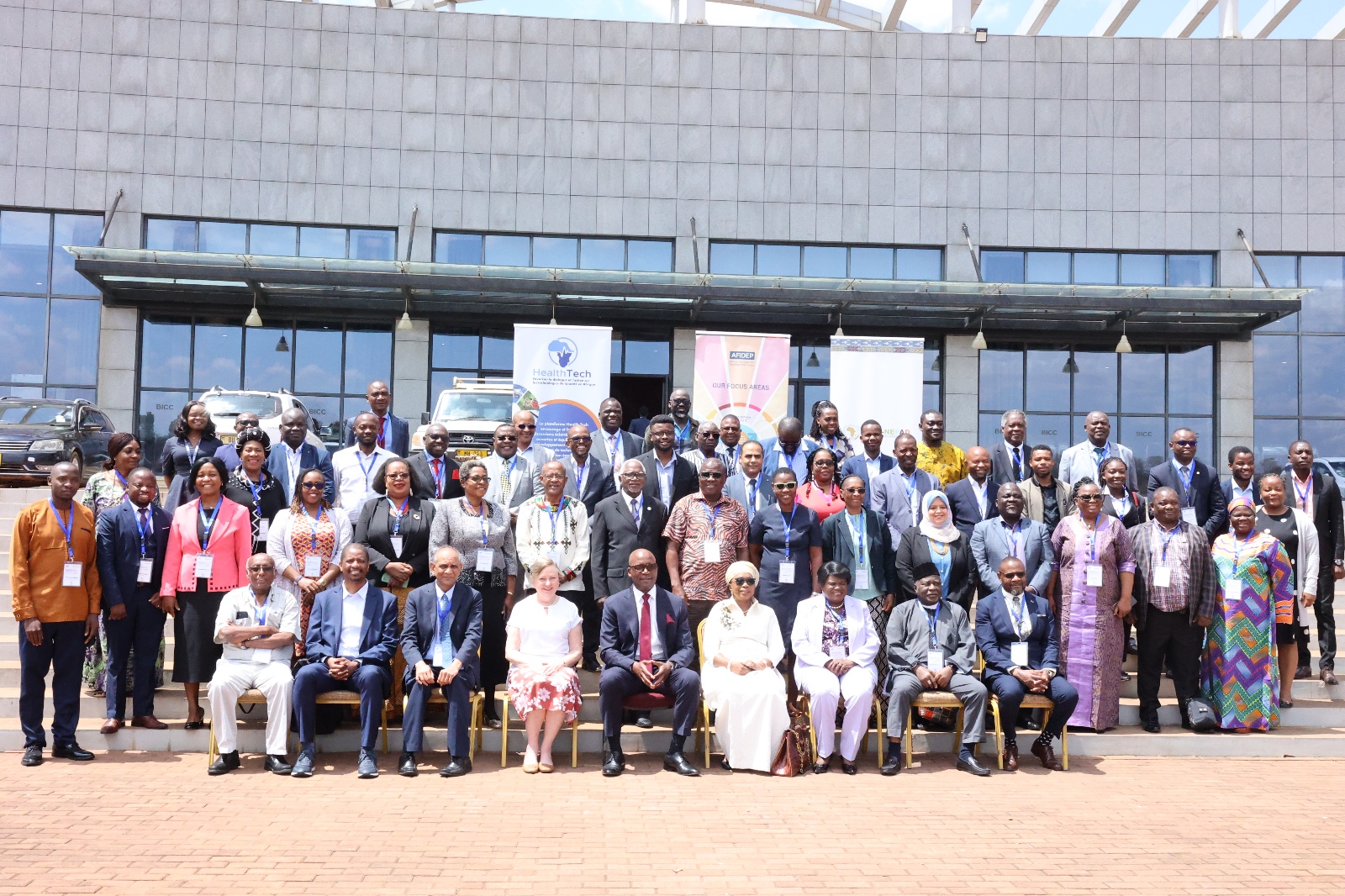News

Lilongwe, Malawi – In a significant move towards enhancing healthcare systems across the continent, African states and health experts are convening in Malawi’s capital for a two-day Regional Dialogue on Leveraging Emerging Technologies to Improve Healthcare Delivery Systems in Africa in Lilongwe, from September 4 to 5, 2024. This event, organised by the African Institute for Development Policy (AFIDEP) and the African Union Development Agency (AUDA-NEPAD), aims to explore innovative solutions to current health emergencies, including the ongoing mpox pandemic.
The dialogue brings together representatives from governments, innovators, academics, researchers, civil service practitioners, and healthcare service personnel, focusing on both immediate and long-term strategies to improve healthcare delivery in Africa.
The discussions reflect a commitment to addressing the continent’s pressing health challenges through the integration of emerging technologies.
AFIDEP Executive Director, Dr Eliya Zulu, emphasised the mixed landscape of progress and challenges in harnessing emerging technologies in African healthcare.
“While significant advancements have been made, we must address existing barriers to fully leverage the transformative potential of technologies such as artificial intelligence (AI), Internet of Medical Things (IoMT), blockchain, drones, and genomic medicine,” Dr Eliya Zulu said.
The dialogue underscores the urgent need to align emerging technologies with African health priorities to promote inclusive growth, resilience, and sustainable development.
Dr Eliya Zulu highlighted that these technologies could enhance diagnostic accuracy, treatment efficacy, and operational efficiency, with telemedicine providing vital access to healthcare services in remote areas.
Dr Msingathi Sipuka, Chief of Staff at AUDA-NEPAD, praised the leadership of the African Union Panel on Emerging Technologies (APET) for its role in shaping Africa’s technological landscape. APET comprises a group of eminent scientists and scholars who provide advice and guidance on technology priorities and strategies to AU member states. He reiterated the importance of strengthening APET’s influence within the upcoming Science, Technology, and Innovation Strategy for Africa (STISA) 2034.
He also commented on the partnership between AUDA-NEPAD and AFIDEP: “Partnerships such as that between AUDA-NEPAD and AFIDEP are essential for driving Africa’s prosperity through collaborative efforts.”
“Partnerships among African institutions remain crucial in leveraging emerging technologies, ensuring the continent benefits from global expertise and resources,” Dr Msingathi Sipuka added.
The dialogue aligns with the AU Summit’s mandate from July 2016, which recommended the NEPAD Agency (AUDA-NEPAD) collaborate with the African Union Commission to guide Member States and Regional Economic Communities in technology prospecting and fostering an environment conducive to socio-economic growth.
As African states explore these emerging technologies, the commitment to enhancing healthcare infrastructure and workforce development will be pivotal in addressing the continent’s health challenges and ensuring a healthier future for all.

